You’ve typed it. Maybe you’re curious. Maybe you’re confused. Maybe you’re worried. Prostitute near me - it’s a search that carries weight. And if you’re in the UK, especially in London, you need to know what’s real, what’s illegal, and what the consequences really are. This isn’t about judgment. It’s about facts. And the facts are clear: what you’re looking for isn’t legal here - not in the way you might think.
What You Need to Know Right Now
- It’s illegal to pay for sex in the UK if the person is being exploited - and the law treats almost all street-based sex work as exploitation.
- Being a sex worker isn’t illegal, but nearly every way they try to work safely - advertising, sharing a space, working with others - is against the law.
- Police don’t arrest clients for just asking. But if they suspect exploitation, trafficking, or organized crime, you can be charged.
- Online ads claiming "prostitutes near me" are almost always scams, fronts for trafficking, or bait for extortion.
- If you’re looking for companionship, there are legal, safe alternatives - and they’re far less risky.
The Reality Behind "Prostitute Near Me"
When you search "prostitute near me," you’re not finding a directory. You’re stumbling into a dangerous gray zone. In the UK, prostitution itself - exchanging sex for money - isn’t technically illegal. But everything that makes it possible is. Soliciting in public? Illegal. Running a brothel? Illegal. Advertising sex services online? Illegal. Even talking to someone on the street about sex for money can get you arrested under the Sexual Offences Act 2003.
Most people you’ll find through these searches are either trapped in trafficking networks or desperate. The UK government estimates over 13,000 people are in modern slavery in the country - many forced into sex work. Those ads? They’re often run by criminals who control the person, take their money, and threaten them if they try to leave. This isn’t freedom. It’s exploitation dressed up as a service.
Why This Isn’t Just a "Gray Area"
Some argue that sex work should be decriminalized. And yes, experts - including the World Health Organization and Amnesty International - say that criminalizing sex workers makes them more vulnerable. But here’s the catch: the UK hasn’t gone that route. The law doesn’t protect sex workers. It punishes them for surviving.
Take a real example: a woman in Manchester was arrested after police found her working from a flat. She wasn’t charged for prostitution - she was charged with controlling prostitution for gain. Why? Because her landlord had rented her the room. The landlord never touched money. But under UK law, renting a room to someone who sells sex counts as running a brothel. That’s how broad and harsh the law is.
And if you’re the one paying? You’re not safe either. In 2023, over 1,200 men were prosecuted in England and Wales for paying for sex with someone who was exploited. You don’t need to know they’re being controlled. If the police believe exploitation exists - and they often do - you’re guilty by association.

What You’ll Actually Find Online
Google, Facebook, Instagram, Telegram - you’ll see ads. "Beautiful girls near you," "discreet meetings," "24/7 service." These aren’t legitimate listings. They’re traps. Many are run by gangs who use fake photos, stolen identities, and bots to lure people. Once you message them, they’ll ask for payment upfront - via crypto, gift cards, or bank transfer. Then? Silence. Or worse: a demand for more money, a threat to send your messages to your contacts, or a demand for personal data.
There are also "escorts" - people who claim to offer companionship, dinner, or conversation. But if the price is £300+ per hour and the meeting is in a hotel room, it’s sex work. And in the UK, that’s still illegal if it involves advertising, soliciting, or third-party involvement. Even if the person says they’re "independent," the law doesn’t care. You’re still risking prosecution.
What Happens If You Get Caught?
If police stop you after a suspected encounter, here’s what could happen:
- You might be questioned - no arrest, but your name and details are logged.
- If they believe exploitation is involved, you could be charged under Section 53A of the Sexual Offences Act 2003 - paying for sex with someone subjected to force or coercion.
- That’s a criminal offense. A conviction means a fine, a criminal record, and possible jail time (up to 2 years).
- Even without a conviction, your name could end up on police databases. Some employers, especially in public service or finance, run background checks. A single charge can cost you your job.
And it’s not just legal trouble. There’s emotional fallout too. People who pay for sex often report guilt, shame, or anxiety afterward - especially if they later learn the person was being controlled. The trauma isn’t just theirs. It sticks with you, too.
Legal Alternatives That Actually Work
You don’t need to break the law to feel connected. There are legal, safe options:
- Therapy or counseling - Talking to a professional can help with loneliness, anxiety, or intimacy issues. Many offer sliding-scale fees.
- Companionship services - Companies like TimeOut or Companions UK connect people with trained volunteers for walks, meals, or conversation. No sex. Just human connection.
- Dating apps - Tinder, Bumble, Hinge - they’re not perfect, but they’re legal. And they let you build real relationships.
- Community groups - Book clubs, hobby meetups, volunteering - these build trust and belonging without risk.
One man in Bristol told a BBC reporter he used to search for "prostitute near me" after his divorce. He felt alone. Then he joined a local men’s support group. "I didn’t need sex. I needed someone to ask me how I was doing. I found that there. And it changed everything."
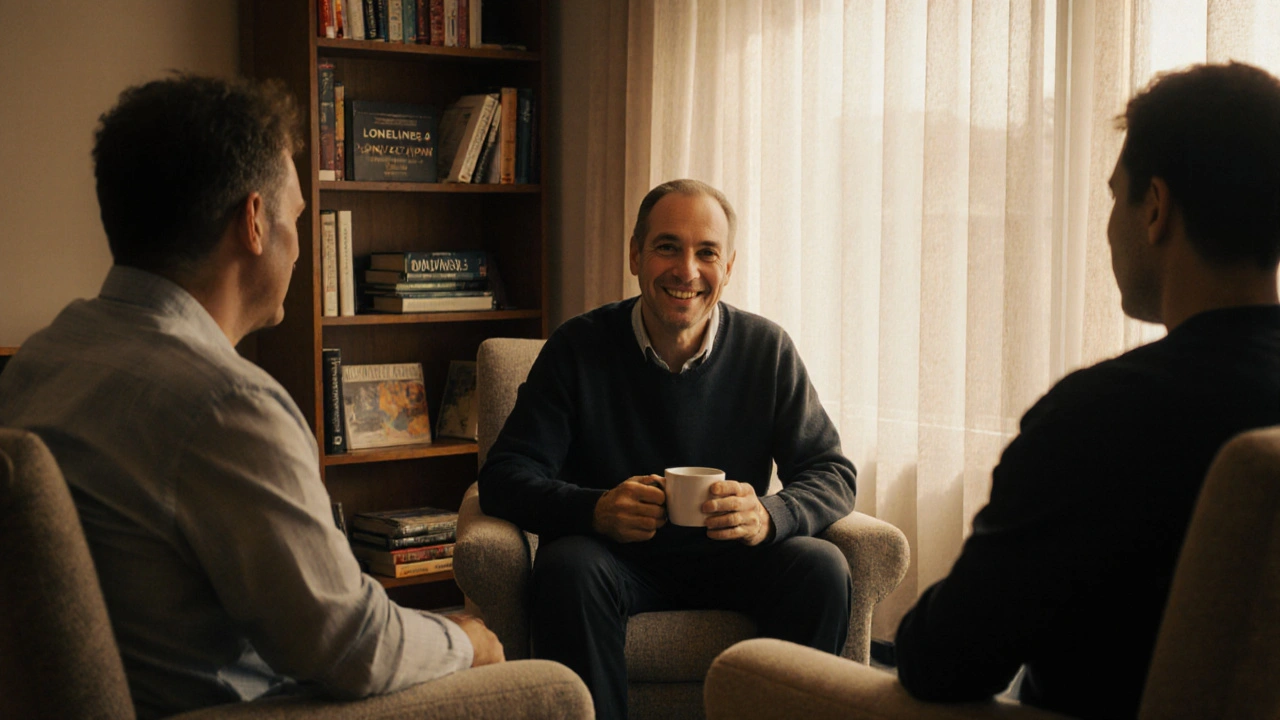
What to Do If You’re Already Involved
If you’ve paid for sex - or you know someone who has - here’s what you can do:
- Stop. Don’t pay again. Don’t message again. Don’t try to "help" them by giving money - that often fuels the cycle.
- Report suspicious ads to the National Crime Agency’s online portal: report.cybercrime.gov.uk
- If you believe someone is being trafficked, call the Modern Slavery Helpline: 0800 0121 700. It’s free, confidential, and available 24/7.
- If you’re worried about your own actions, speak to a counselor. Organizations like St Mungo’s or The National Ugly Mugs Scheme offer support without judgment.
FAQ: Your Questions About Prostitution Laws in the UK Answered
Is it legal to have sex with someone who is paid for it in the UK?
The act of exchanging sex for money isn’t illegal by itself. But every practical way it happens - advertising, working in a shared space, soliciting in public, or using a third party - is against the law. So while the act might not be criminal, the context almost always is.
Can I get arrested just for asking someone if they’re a prostitute?
Yes. If you’re in a public place and you ask someone if they’re available for sex, police can charge you with soliciting. Even if you don’t follow through, the act of asking can be seen as an attempt to engage in illegal activity. This applies to street encounters, but also to messages sent in public forums or dating apps.
Are online escort services legal in the UK?
No. Advertising sexual services online - whether on social media, classifieds, or private websites - is illegal under the Policing and Crime Act 2009. Websites that host such ads are shut down. People who post them can be prosecuted. Even if the person claims they’re "just offering companionship," if the price and setting suggest sex, it’s still illegal.
What happens to the person who sells sex?
They’re rarely charged for prostitution itself. Instead, they’re often treated as victims - especially if there’s evidence of coercion, trafficking, or debt bondage. Police and charities focus on helping them exit the situation, not punishing them. But without support, many are pushed back into the same cycle.
Is there a way to report someone who’s being exploited without getting them in trouble?
Yes. The Modern Slavery Helpline (0800 0121 700) is confidential and doesn’t report individuals to police unless they’re in immediate danger. Your call helps connect them to shelters, legal aid, and counseling - not punishment. Reporting could save a life.
Final Thought: This Isn’t About Desire - It’s About Power
What you’re really searching for isn’t sex. It’s connection. Relief. Escape. Those are human needs. And they’re valid. But the system you’re looking to exploit doesn’t offer them - it profits from desperation. And the cost? It’s paid by people with no power. And by you - in your peace of mind, your safety, your future.
You don’t need to risk your freedom, your job, or your conscience to feel less alone. There are better paths. Safer ones. And they’re waiting - not in a dark alley or a hidden chat, but in a quiet room with a counselor, a coffee shop with a stranger who becomes a friend, or a community that sees you - not as a customer - but as a person.

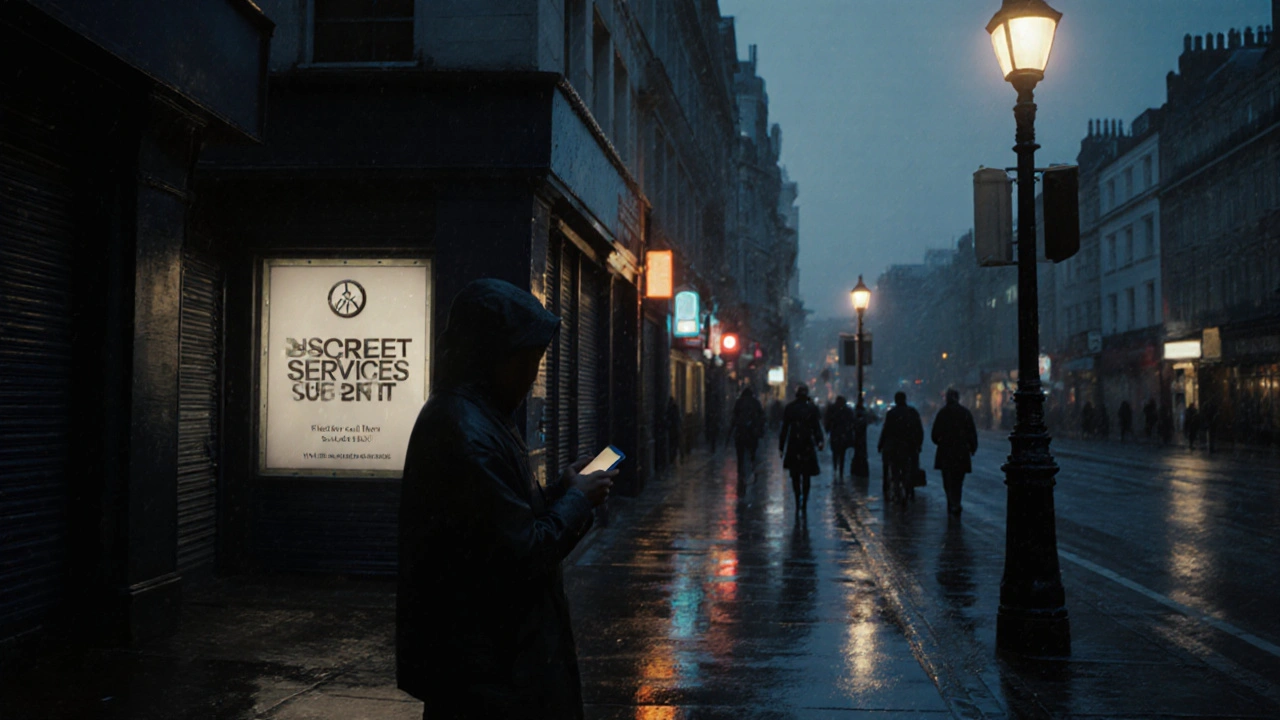
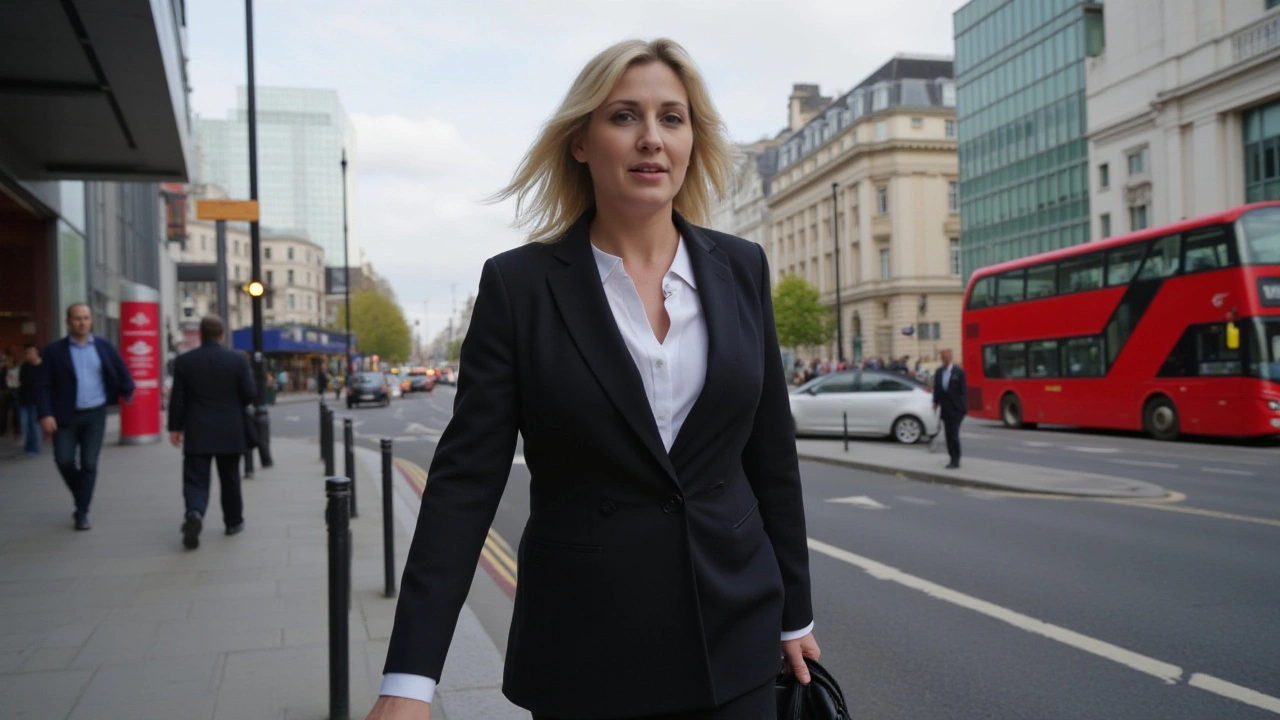
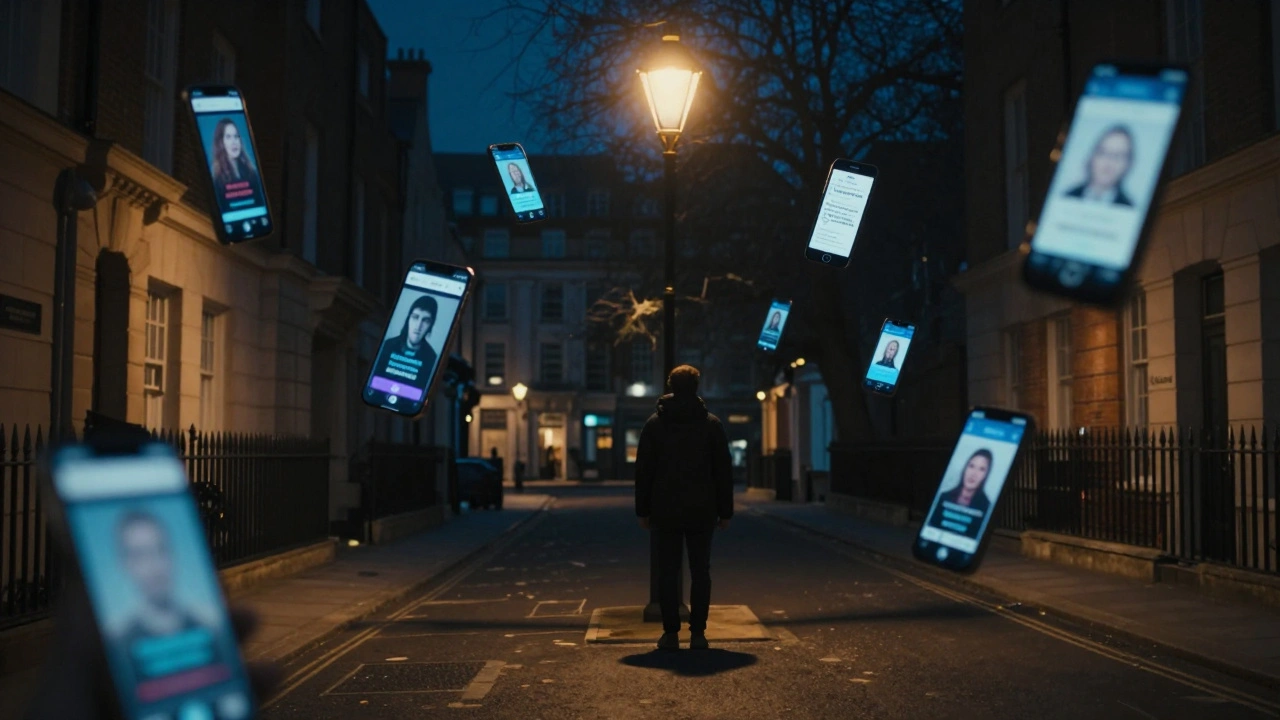
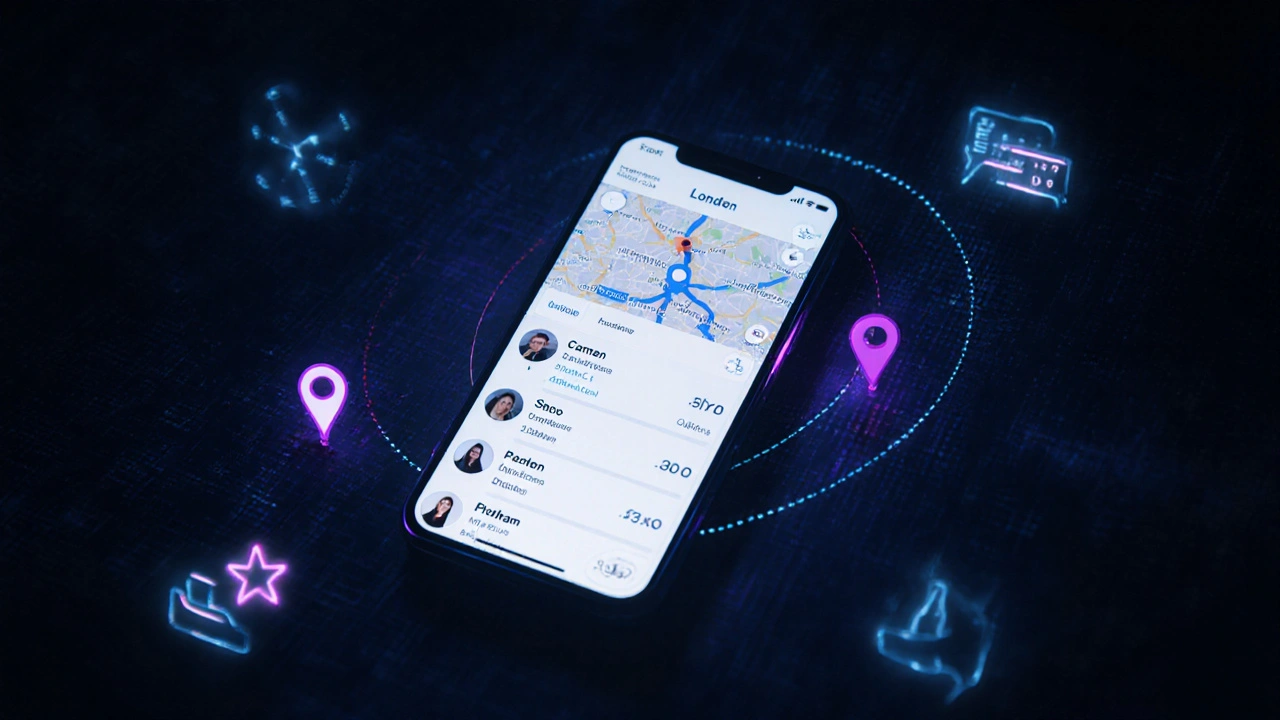
Sarah Fleming
November 4, 2025 AT 05:36It’s not about legality-it’s about ontology. The act of exchange, when stripped of moral scaffolding, reveals a fundamental human paradox: we crave intimacy, yet we criminalize its most raw, unfiltered expressions. The law doesn’t regulate behavior-it regulates visibility. And visibility, in this case, becomes synonymous with sin. So we push it underground, where exploitation thrives, and then act shocked when the system collapses under its own hypocrisy. We don’t want to fix the conditions that force people into survival sex-we want to erase the evidence. And that’s not justice. That’s cowardice.
Dan Helmick
November 4, 2025 AT 21:17Oh, absolutely. Let’s all gather in our cozy little moral circles and clap for the state that’s so wonderfully compassionate toward the ‘victims’-while simultaneously making it impossible for them to survive without being labeled a criminal. You know what’s illegal? Renting a room. Charging rent. Having a friend over. Talking to someone on the street. But paying £300 to have someone pretend they’re happy to see you? That’s just ‘desire.’ And desire, my friends, is sacred-until the police show up with a clipboard and a PowerPoint titled ‘Why Your Loneliness Is a Crime.’ Meanwhile, the real predators? They’re on the boardrooms, not the streets. But hey-at least we can feel righteous while ignoring the fact that poverty, not porn, is the original sin.
Juhi Edwin
November 5, 2025 AT 07:56I get why this post exists. I really do. But the way it’s framed feels like a trap-like it’s trying to scare people away from something they’re curious about instead of offering real solutions. Yes, the system is broken. Yes, trafficking is horrific. But the alternative isn’t just ‘go to therapy’-that’s a luxury for people with time, money, and access. What about the guy working two jobs, sleeping in his car, and just wants to feel held for an hour? We don’t have safe spaces for that. We don’t have housing. We don’t have mental health care. So we criminalize the symptom instead of treating the disease. I’m not saying the current system is right-but pretending the answer is ‘just use Bumble’ ignores how deeply broken everything else is.
jasmine zeindler
November 6, 2025 AT 23:23Ugh. 😒 I mean, really? Another ‘woke’ PSA about how ‘we need to be kind to the victims’ while ignoring that most of these ‘escorts’ are just entrepreneurs with boundaries? 🤦♀️ Like, if someone wants to sell sex and they’re not being forced, why is it anyone’s business? You want to be a ‘companion’? Cool. Pay them. Be respectful. But don’t act like you’re saving the world by reporting them to the NCA. 🤷♀️ Also, ‘Therapy’? Please. I’ve been to therapy. It costs $200/hour and the person still looks at you like you’re a problem to be fixed. Maybe we should stop pretending we’re morally superior and just… let people be people? 💅
Michelle Avendano
November 8, 2025 AT 12:39